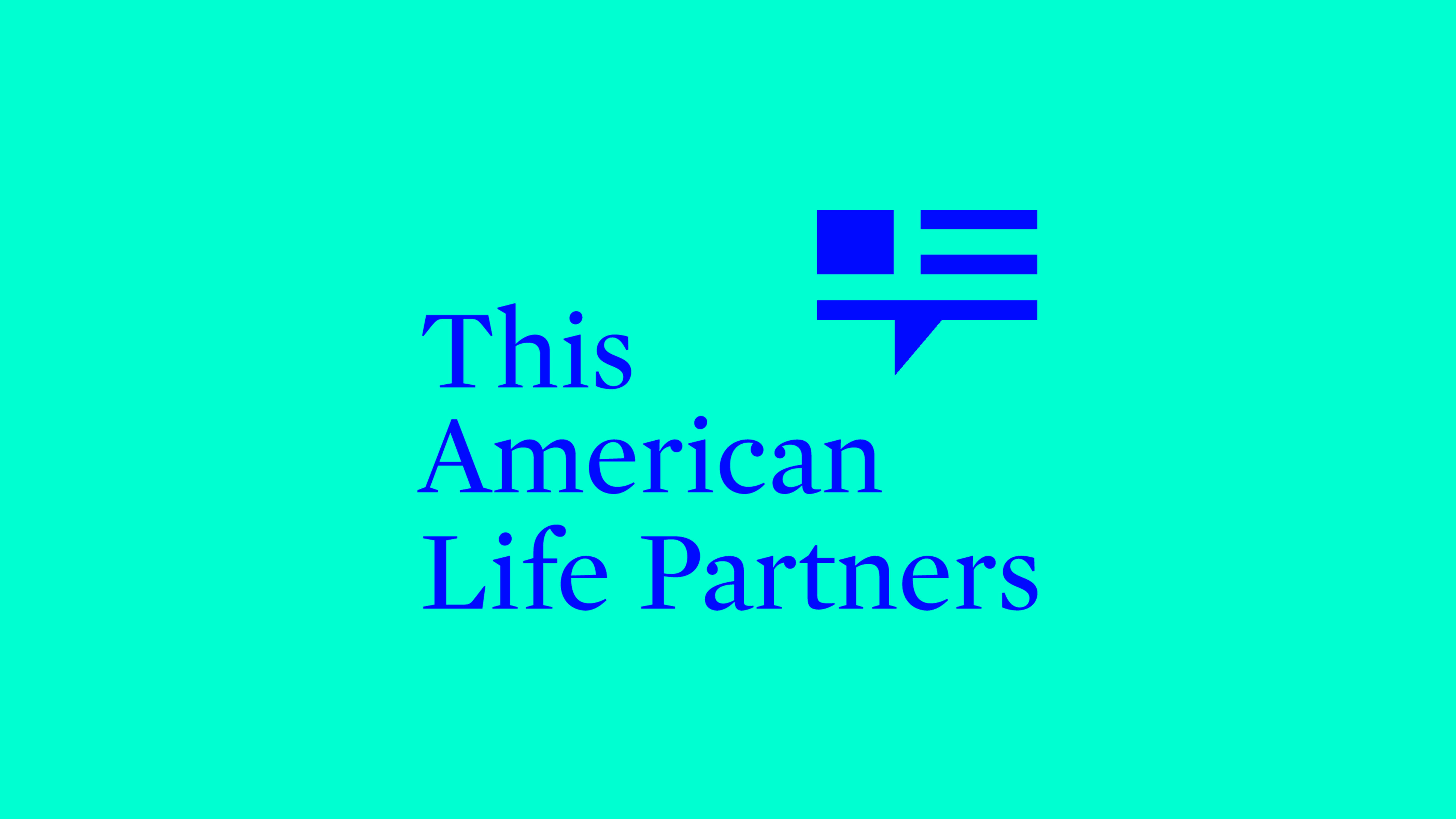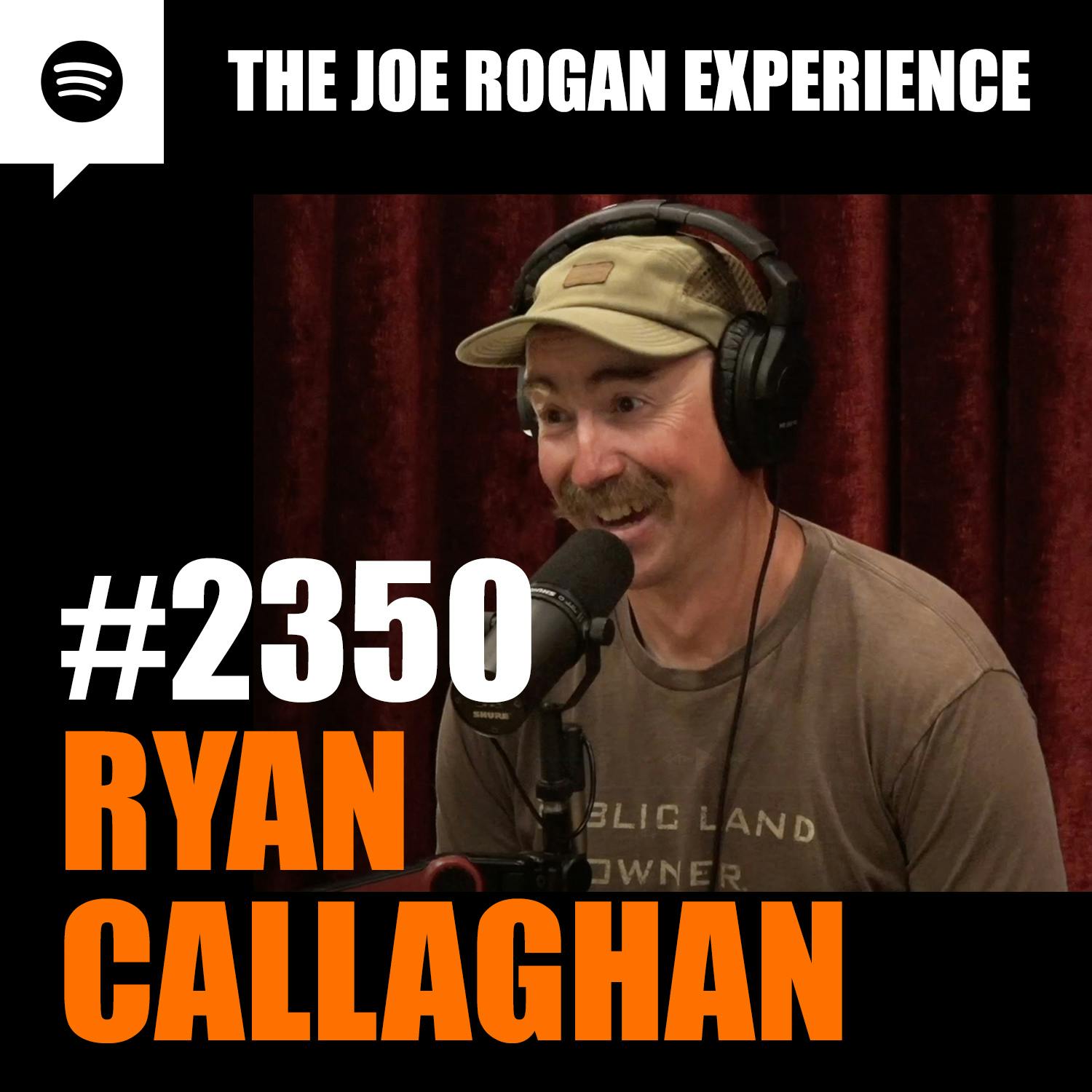In this Huberman Lab Essentials episode, I discuss both healthy eating and clinically recognized eating disorders, including anorexia, bulimia and binge eating disorder.
I explain how brain circuits, hormones such as leptin and reward systems interact to regulate appetite, satiety and overall eating behaviors. I also discuss the serious health risks associated with anorexia, explain how disrupted eating habits contribute to its development and highlight evidence-based treatments for anorexia. Finally, I explore binge eating and bulimia, discussing the underlying causes and the pharmacological treatments commonly used to support recovery.
Read the episode show notes at hubermanlab.com.
Thank you to our sponsors
AG1: https://drinkag1.com/huberman
LMNT: https://drinklmnt.com/huberman
Function: https://functionhealth.com/huberman
Timestamps
00:00:00 Eating Disorders
00:01:05 Fasting, Intermittent Fasting, Healthy Eating
00:06:10 Self-Diagnosis Caution
00:07:20 Sponsor: LMNT
00:08:52 Eating Disorders, Anorexia Nervosa
00:12:39 Hunger & Satiety; Appetite, Body Fat & Brain
00:17:20 Homeostasis & Reward Systems, Eating Disorders
00:21:12 Sponsor: AG1
00:22:49 Anorexia, Puberty, Hyperacuity & Food
00:25:55 Decision-Making vs Reflexes/Habits, Anorexia
00:29:29 Anorexia & Breaking Habits, Therapies & Family-Based Models
00:32:08 Distorted Self-Image & Anorexia
00:35:03 Sponsor: Function
00:36:43 Bulimia & Binge-Eating Disorder, Impulsivity & Prescription Treatments
00:40:28 Recap & Key Takeaways
Disclaimer & Disclosures
Learn more about your ad choices. Visit megaphone.fm/adchoices
















